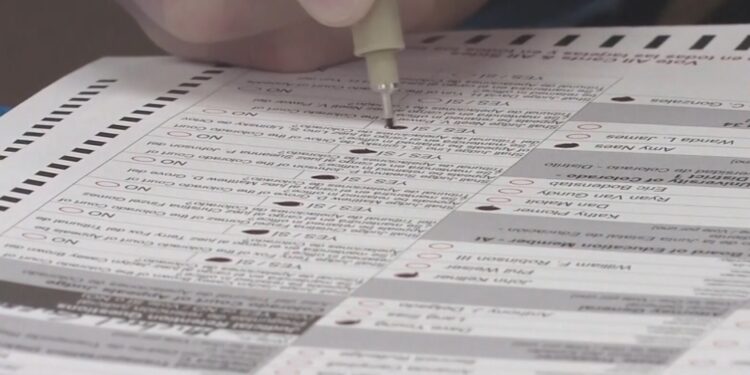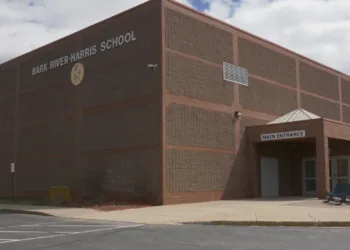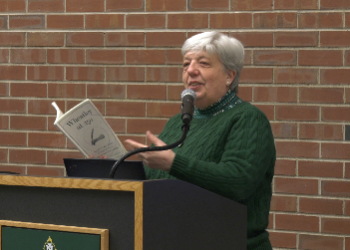LANSING, Mich. (WZMQ) -The election is just over a month away. The massive amounts of information online can make it difficult to know what’s fact, and what’s made up about candidates up and down the ballot.
Every year, the amount of mis and disinformation online increases, making it even harder to navigate the massive web of content on social media.
Misinformation is published without knowing it’s false, while disinformation is known to be false, and published to deceive the audience.
Media literacy is a term still being defined, but when it comes to the election mostly has to do with what media providers to trust and when to be skeptical of what you see.
Former Michigan Governor John Engler is a part of The Democracy Defence Project. A bipartisan group dedicated to educating people and restoring voters’ trust in the electoral system,
Engler said one of the easiest things you can do to ensure you stay on top of disinformation is to find trusted sources you can rely on.
“Some of the stuff that’s out there in social media is just garbage and it’s on both sides. it’s everywhere. it’s pervasive.” Elgler said. “On social media, if it’s not anonymous, it’s very close to it, and it’s so it’s not clear who’s saying this.”
Associate Professor of Journalism at Michigan State University, Perry Parks, agrees. He said finding the faces you trust is key, whether it’s national sources like PBS or NPR, or local papers and reporters.
He said it’s important to pay attention to the source of the posts you’re sharing if there is a name or publication attached to it, or just a nameless account. It can also help to follow multiple sources to see a fuller picture and to be just as skeptical when it comes to information that confirms beliefs you may already have.
He explained that major online disinformation campaigns have caused real-life violence, like the bomb and school threats in Springfield communities following rumors about the local Haitian community. Those real-world consequences are why it’s so important to make sure you are getting information from experts who are doing their best to provide facts in good faith, and tracking information to its source when it seems off.
“We put a lot of burden on people in terms of expecting them to kind of do a professional level fact check on every piece of content that comes through their social media feed, and I think in some cases that might be asking too much.” Parks said. “It puts not just an intellectual but an emotional burden on people to say you can’t trust anybody or anything.”
Engler said it’s all about making sure you have the right information to make the most informed decision at the ballot box this fall.









